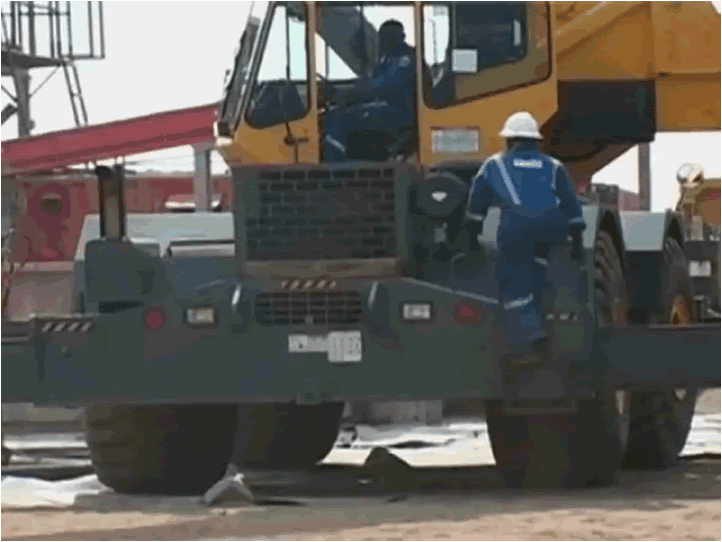Capital as a factor of Production
Capital has many meanings, including the financial capital raised to operate a business. Normally,
capital means investment in goods that can produce other goods in the future.
It can also refer to machines, roads, factories, schools, and office buildings
in which humans produced in order to produce other goods and services. Investment is
important if the economy is to achieve economic growth in the future.

Capital means the stock of assets not capable of satisfying wants directly but are used to produce other goods and services which satisfy human wants.

Fixed
Capital/ Real
capital this includes machinery, work plants, equipment, new technology,
factories, buildings, and goods that are designed to increase the productive
potential of the economy for future years.
Money / financial capital, also
called liquid capital is the paper notes and coins used for paying for other
factors of production.
Working
Capital/ Circulating capital this includes the stocks of finished and
semi-finished goods that will be economically consumed in the near future or
will be made into a finished consumer good in the near future. It includes also
the liquid assets needed for immediate expenses linked to the production
process (salaries, invoices, taxes, interests...).
Social Capital:- Also known as overhead capital
consists of a nation’s stock of fixed capital assets such as roads, schools,
hospitals, railways , telephones, harbours, airports etc…
Private capital:- This is the stock of physical
assets owned by private individuals e.g. private houses, private factories ,
etc..
Human Capital:- is a pool of accumulated
skills and knowledge of the citizens of a country. Human capital is obtained
after extensive training to be used in the process of production